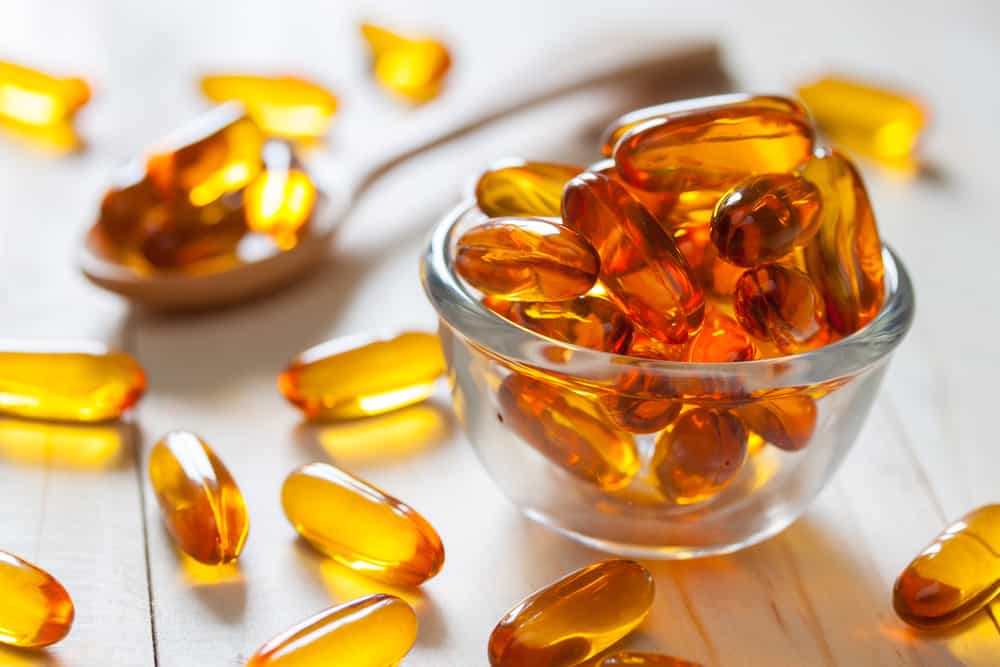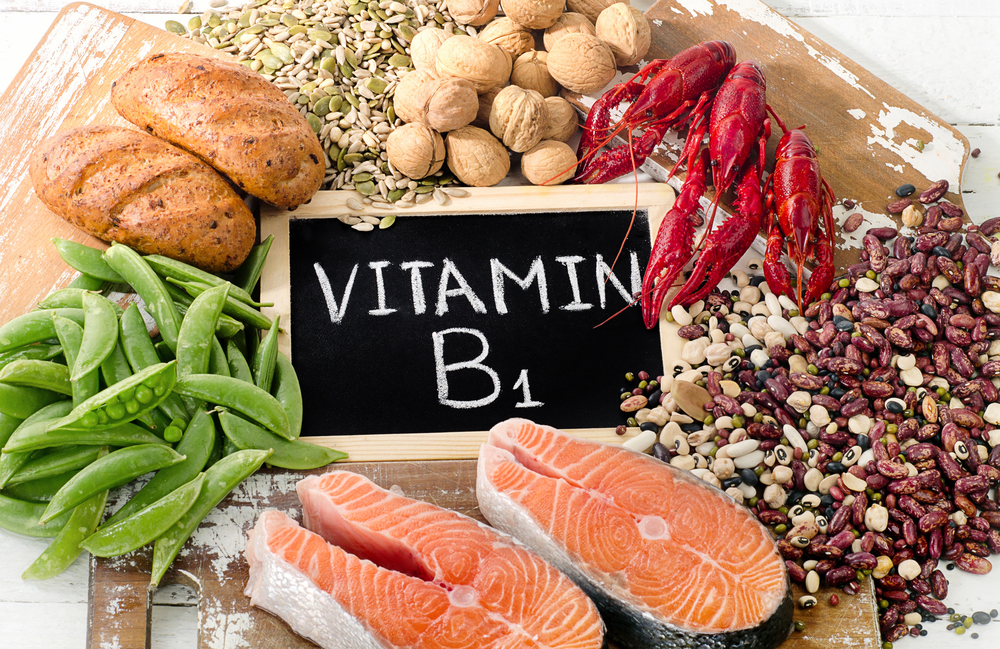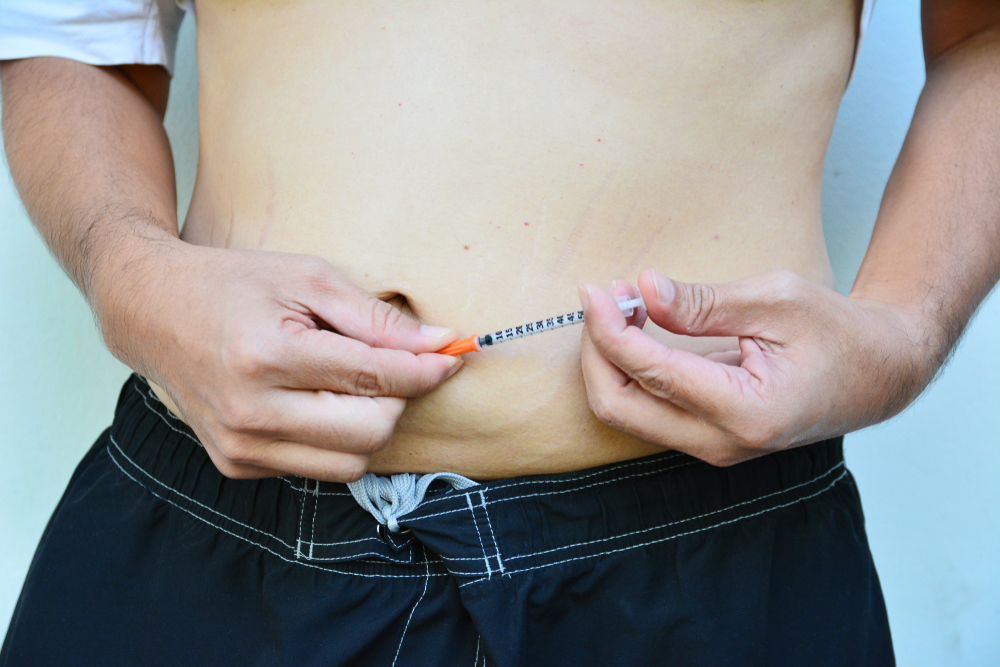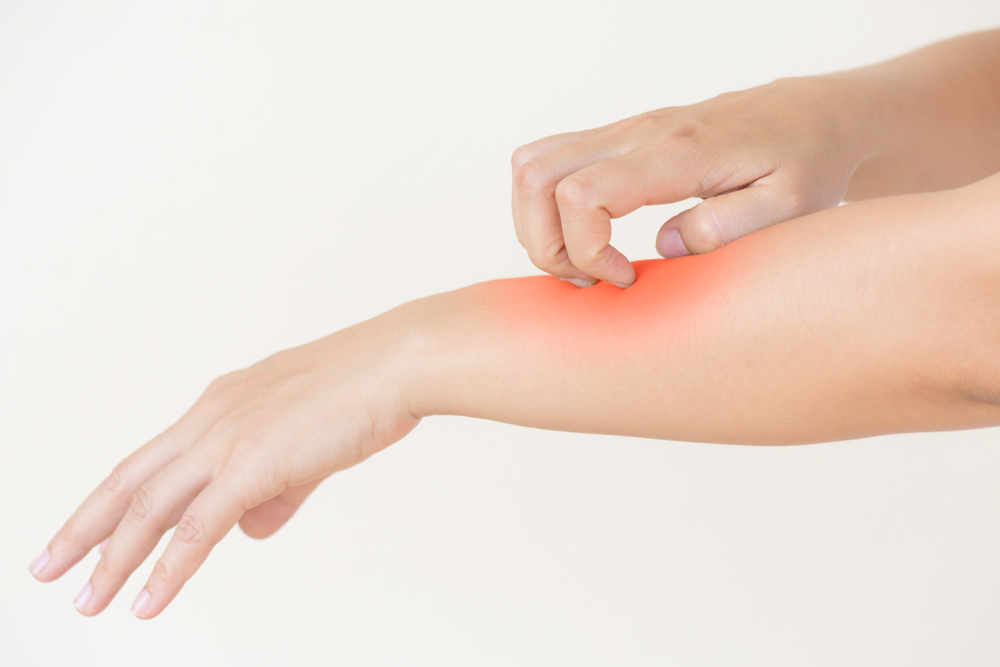Contents:
- Medical Video: Vitamin D Toxicity Rare in People Who Take Supplements, Mayo Clinic Researchers Report
- How many doses of vitamin D are recommended?
- Side effects of excess vitamin D
- 1. Nausea, vomiting, and loss of appetite
- 2. Kidney failure
- 3. Abdominal pain, constipation, and diarrhea
- 4. Increased calcium in the blood
- 5. Bone loss
Medical Video: Vitamin D Toxicity Rare in People Who Take Supplements, Mayo Clinic Researchers Report
Vitamin D is an important nutrient that plays a role in maintaining the health of the body's bones and cells to function properly. The main source of vitamin D that is naturally obtained is ultraviolet B (UVB) light from sunlight. However, you can also get it from several types of food and additional supplements.
Maybe all this time you've only focused on information about vitamin D deficiency, but it turns out that excess vitamin D can also cause negative side effects for the body. Usually this happens because you consume too many vitamin D supplements in the long run.
How many doses of vitamin D are recommended?
The recommended dose of vitamin D based on Nutritional Adequacy Rate from the Ministry of Health is 15 µg (micrograms) per day for children and adults, both women and men. While the elderly need to meet the daily vitamin D requirement of 20 μg.
To ensure safety, you may not consume more than 100 μg of vitamin D or 4,000 international units per day.
Side effects of excess vitamin D
The condition of poisoning because of excess vitamin D is called hypervitaminosis D. Although the case is very rare, you are usually at risk of experiencing this because you consume supplements in large quantities. So, being under sun exposure for too long or eating foods containing vitamin D is not the cause of the condition.
1. Nausea, vomiting, and loss of appetite
If your body has excess vitamin D, you can experience nausea, vomiting, and loss of appetite. A study of 10 people taking high doses of vitamin D experienced these symptoms.
Four people experienced nausea and vomiting and three others lost their appetite. Another similar study also found that a woman experienced nausea and weight loss after receiving a supplement that turned out to contain vitamin D 78 times more than what was listed on the label.
2. Kidney failure
Excessive intake of vitamin D can cause kidney failure. In one case a man was hospitalized for kidney failure. After being examined it turned out he had an increase in calcium levels in the blood and other symptoms that occurred after getting an injection of vitamin D by his doctor.
Most studies also report kidney failure from moderate to severe cases in people who have excess vitamin D in their bodies.
3. Abdominal pain, constipation, and diarrhea
Apart from being associated with general digestive problems, abdominal pain, constipation, and diarrhea can be a sign of hypervitaminosis D in the body. One study stated that 18-month-old children had diarrhea, abdominal pain, and other symptoms after 50,000 IU of vitamin D3.
This symptom disappears after the cessation of the supplement. Another study states that a boy suffers from abdominal pain and constipation after taking vitamin D supplements without clear rules.
4. Increased calcium in the blood
Increased consumption of vitamin D is directly proportional to the increase in calcium in the blood. This is because the body absorbs calcium from the food you consume. If you consume excess vitamin D, then the level of calcium in your blood is excessive, which can lead to some negative effects such as digestive disorders, fatigue, dizziness, excessive thirst, and increased intensity of urination.
A case study showed an increase in calcium levels in two men who took vitamin D supplements at an inappropriate dose. Calcium in the blood reaches 13.2-15 mg / dl whereas normally only around 8.5-10.2 mg / dl. As a result, it took a year after stopping consumption of supplements to normalize blood calcium levels again.
5. Bone loss
Although vitamin D plays an important role in calcium absorption and bone metabolism, too much vitamin D can also cause bone loss. Some researchers claim that excess vitamin D can cause a decrease in vitamin K2 levels in the blood.
One of the most important functions of vitamin K2 is maintaining calcium levels in bones and blood. The researchers believe that high levels of vitamin D can inhibit the function of vitamin K2. For that, avoid consuming excessive amounts of vitamin D supplements and consume foods that contain vitamin K2 like dairy products to balance them.
Even though D hyperkalonisonis is rare, you still need to be careful when taking this supplement. Consult your doctor before deciding to take it to find out the right dosage for your body.













